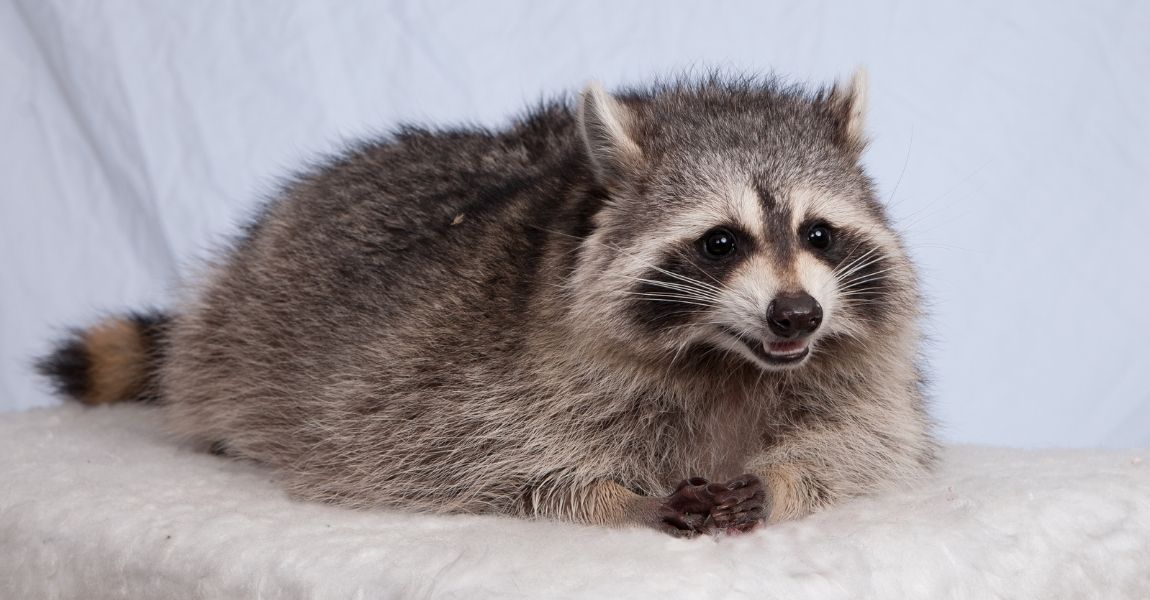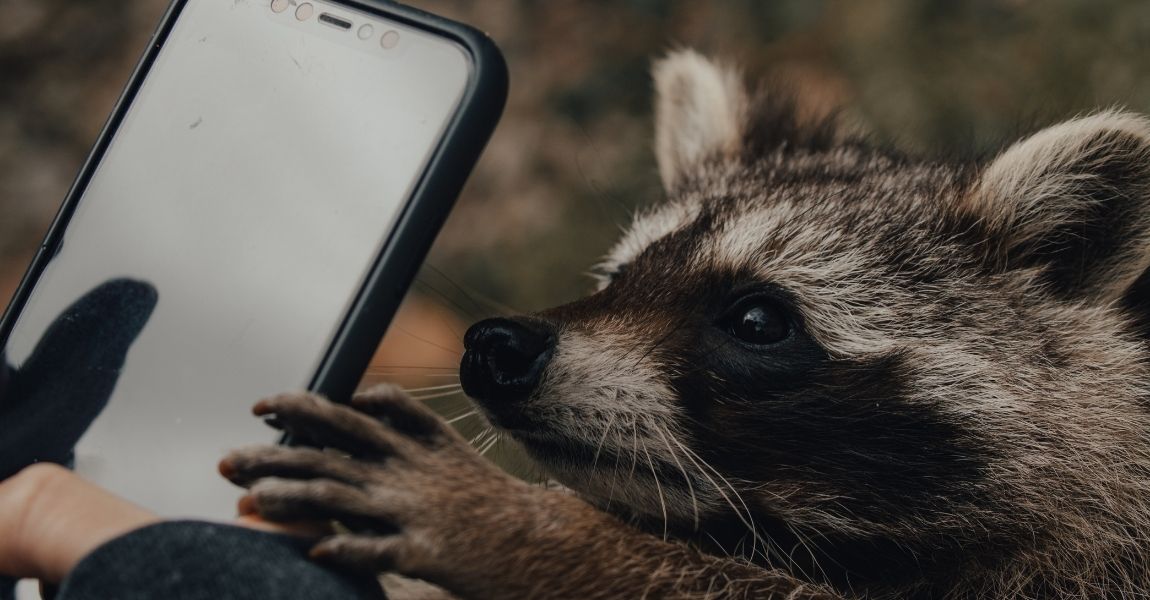Introduction:
Raccoons, with their distinctive markings and mischievous nature, can captivate many people's hearts. These intelligent creatures may seem like adorable and intriguing pets, but it's crucial to understand the risks associated with owning them. While raccoons possess unique characteristics, their wild instincts and specific care requirements can pose significant challenges for inexperienced owners. In this blog post, we will explore the potential risks and considerations that come with owning a raccoon as a pet.
Legal Issues:
Before considering raccoon ownership, it is essential to research local laws and regulations. Many jurisdictions prohibit or heavily restrict owning raccoons as pets due to concerns about public health, the potential for wildlife disruption, and the risk of spreading diseases like rabies. Failure to comply with these regulations can result in legal consequences and harm to both the raccoon and the owner.
Wild Instincts:
Raccoons are undeniably wild animals at their core, regardless of how domesticated they may appear. Their natural behaviors, such as exploring, climbing, foraging, and marking territory, can be challenging to manage in a domestic setting. Raccoons are notorious for their curiosity and destructive tendencies, which can lead to damage in homes, furniture, and belongings.
Health and Zoonotic Diseases:
One of the most significant risks associated with raccoon ownership is the potential transmission of zoonotic diseases. Raccoons can carry parasites, bacteria, and viruses that pose serious health risks to humans, including rabies, roundworm, leptospirosis, and salmonella. Even if a raccoon seems healthy, it may still be a carrier of these diseases, potentially endangering both the owner and other pets in the household.
Complex Care Requirements:
Providing adequate care for a raccoon can be an arduous task. Raccoons require a diverse diet that mimics their natural feeding habits, which typically includes a combination of fruits, vegetables, insects, and protein sources. Maintaining a balanced diet and ensuring proper nutrition can be challenging for owners. Additionally, raccoons need ample space to exercise, climb, and engage in their natural behaviors. Meeting their physical and mental stimulation needs can be demanding, especially in a typical home environment.
Bonding and Socialization Challenges:
While some raccoons may form a bond with their owners, many retain their instinctual independence. Establishing a deep bond with a raccoon can be a time-consuming and unpredictable process. Even with proper socialization efforts, they may exhibit unpredictable behavior, especially during their mating season or when they feel threatened. This can lead to aggression, territorial marking, and potential harm to the owner or others.
Conclusion:
While the idea of owning a raccoon as a pet may seem alluring, it's crucial to consider the risks involved. From legal restrictions and health concerns to the demanding care requirements and unpredictable behavior, raccoons can pose significant challenges for inexperienced owners. As wild animals, raccoons are best appreciated from a distance, in their natural habitats, where they can thrive without compromising their own well-being or that of humans. It's essential to respect and protect wildlife while appreciating their unique qualities from afar.





